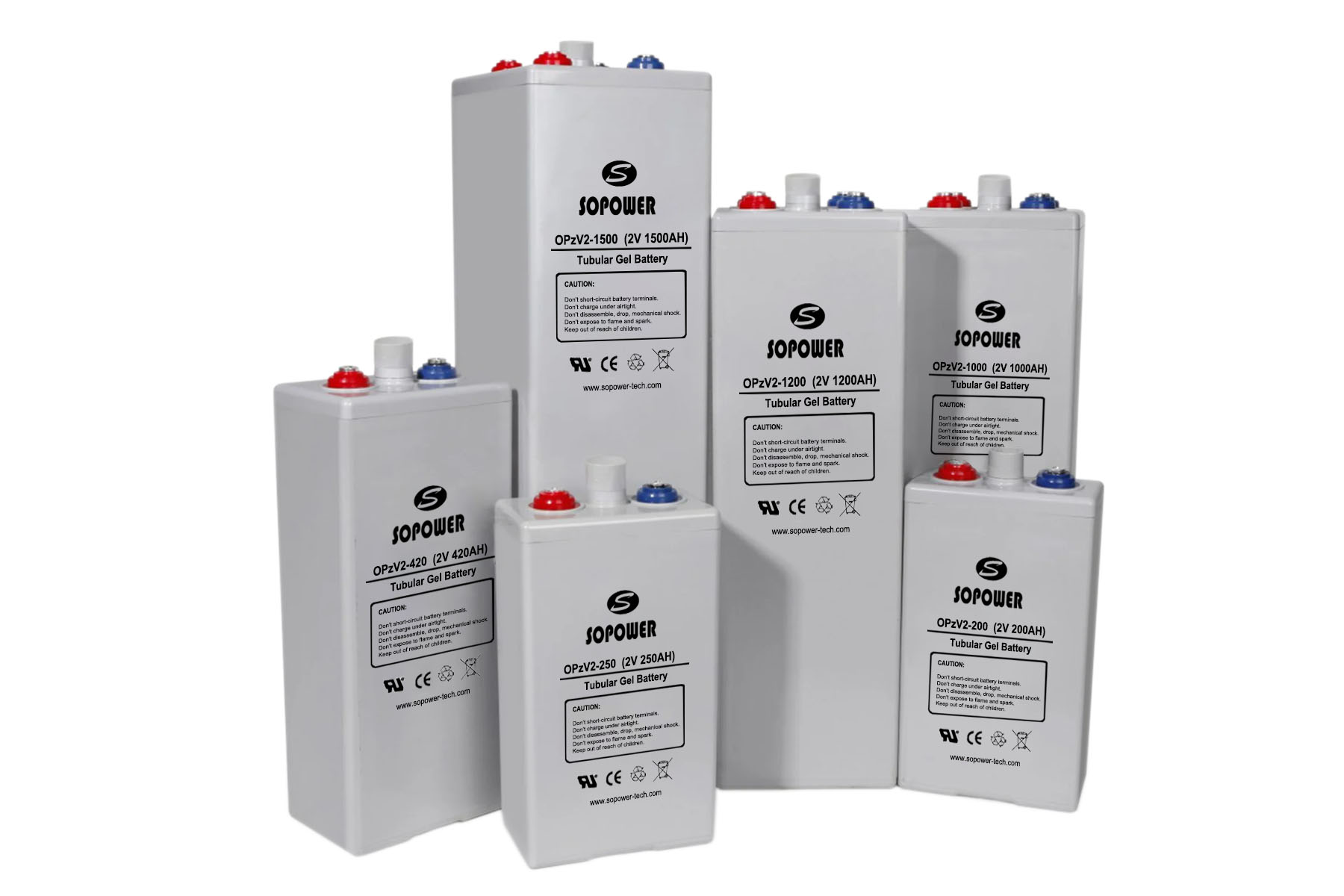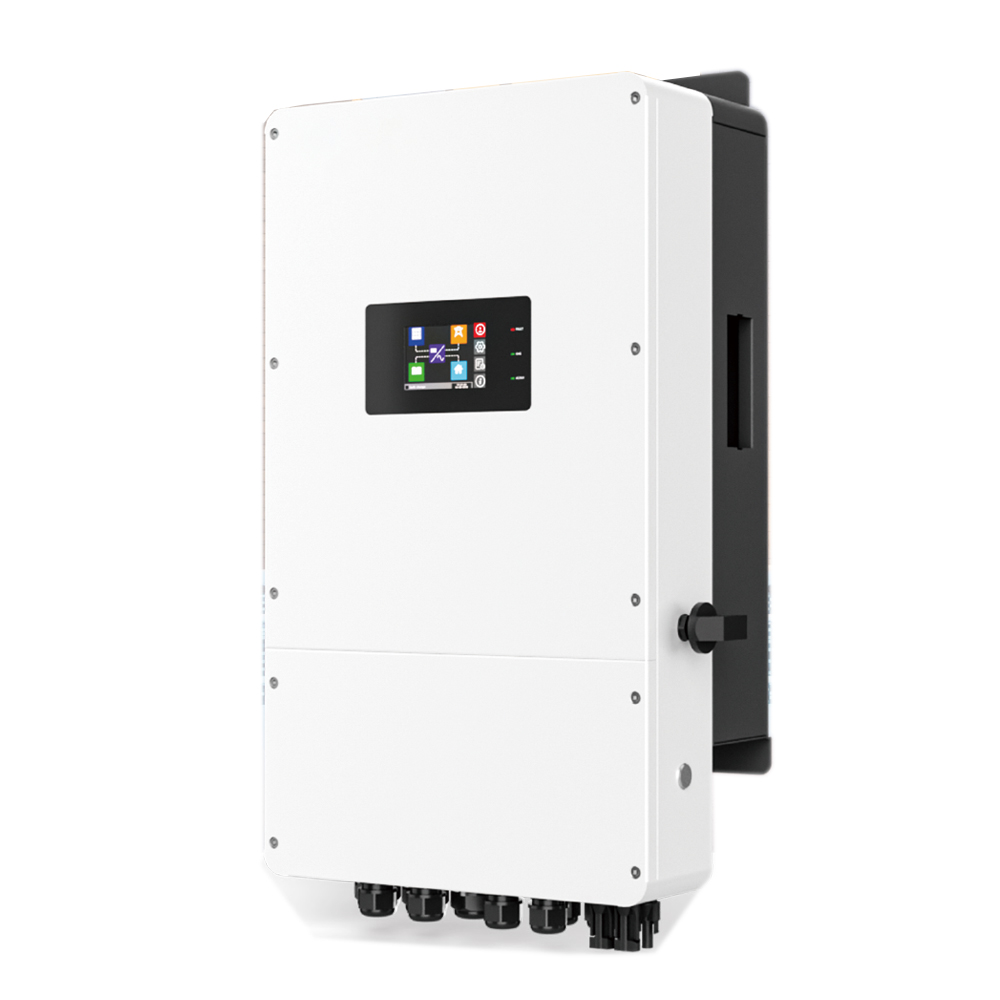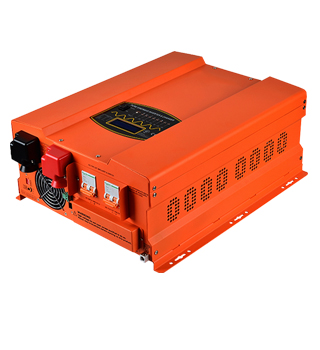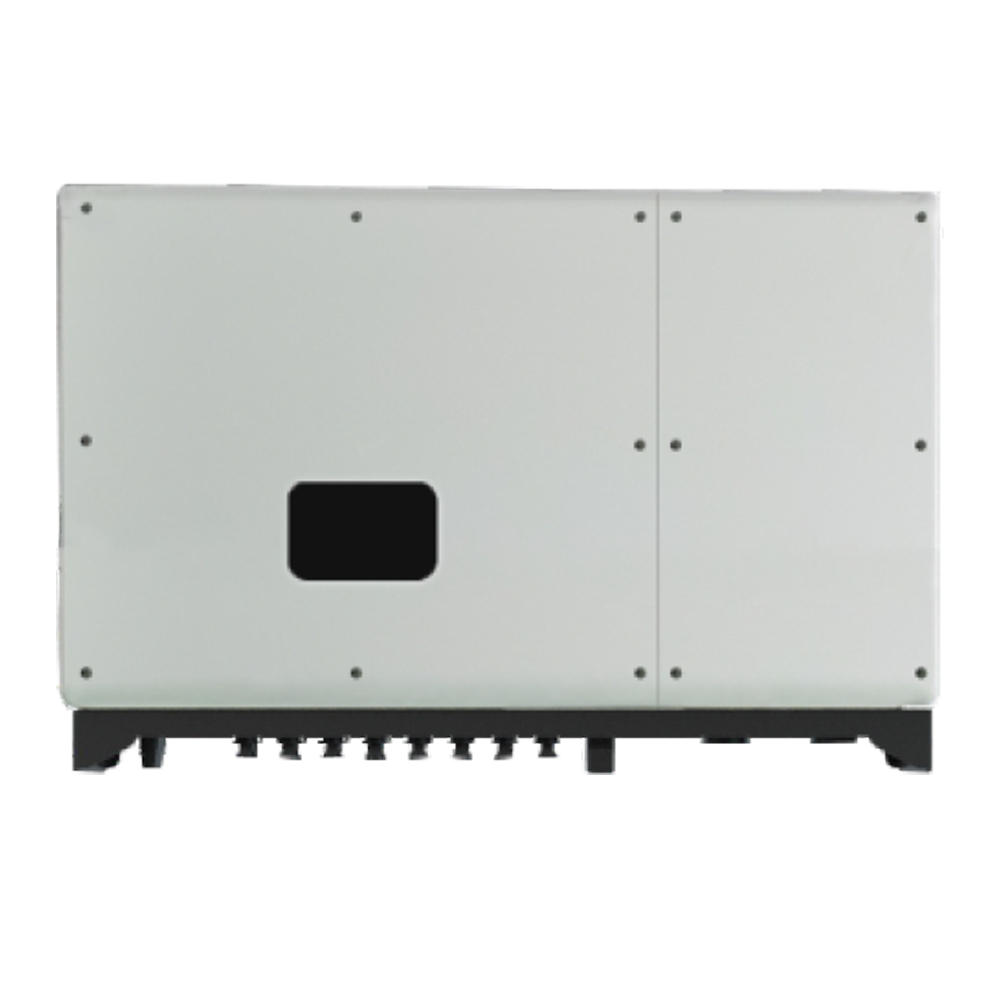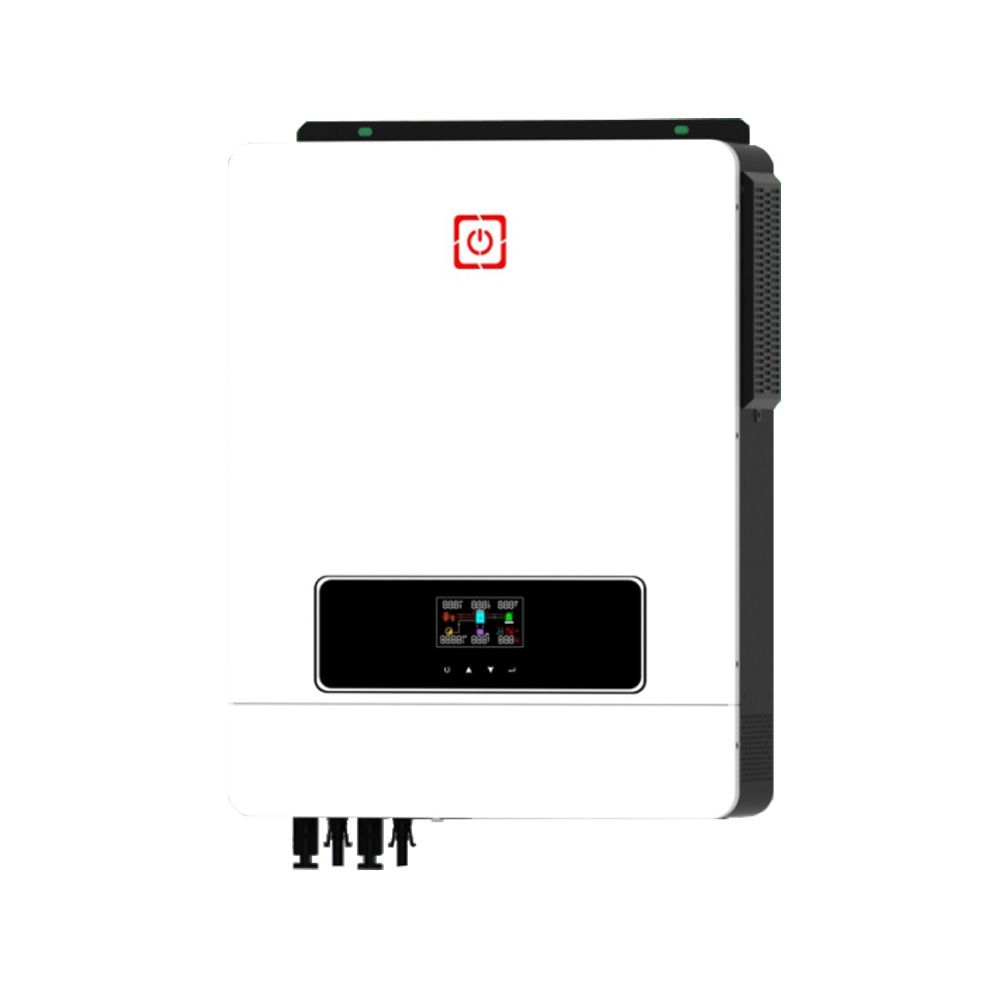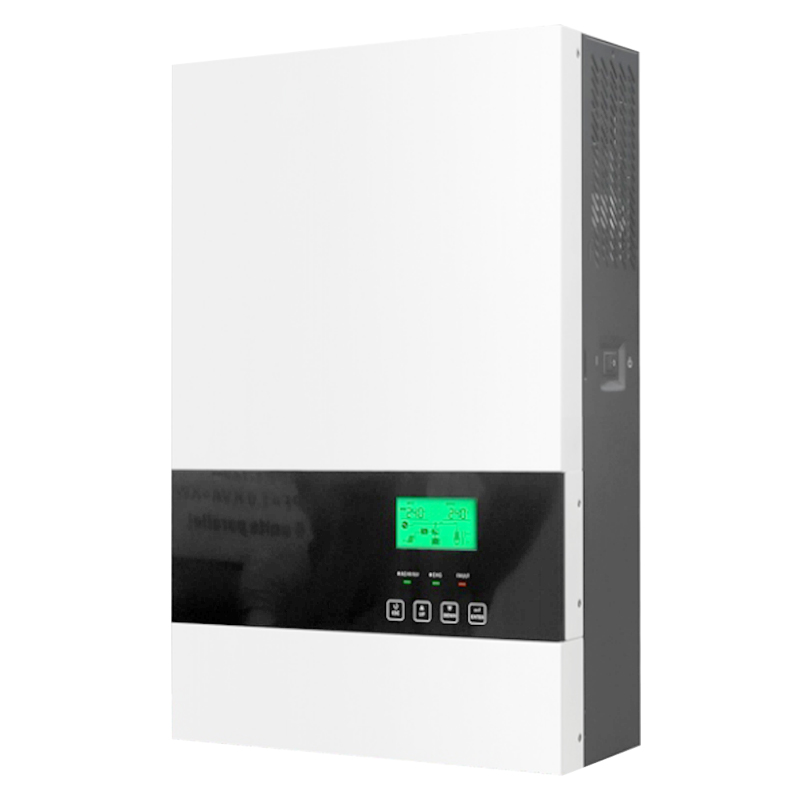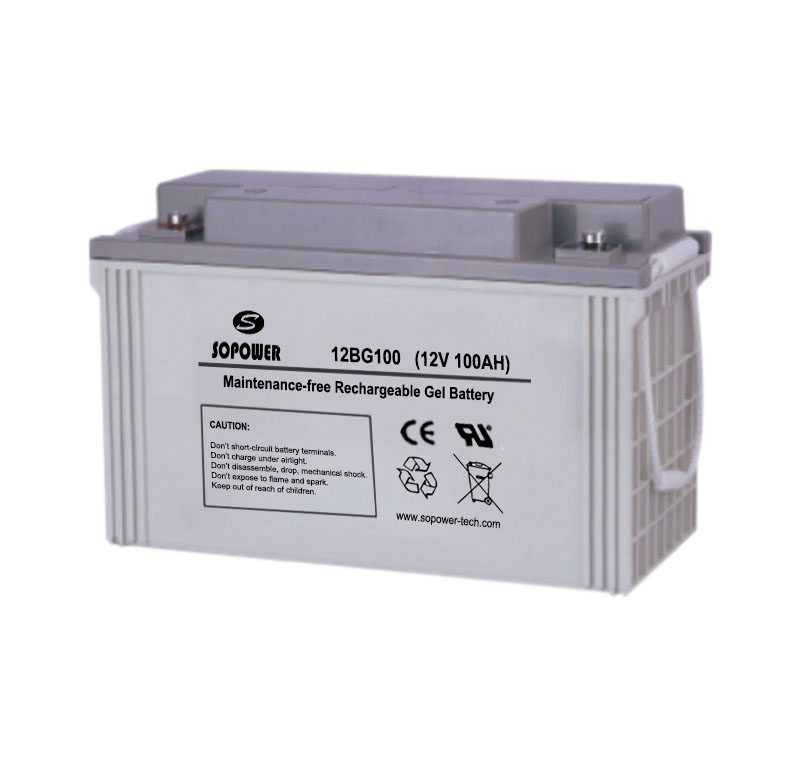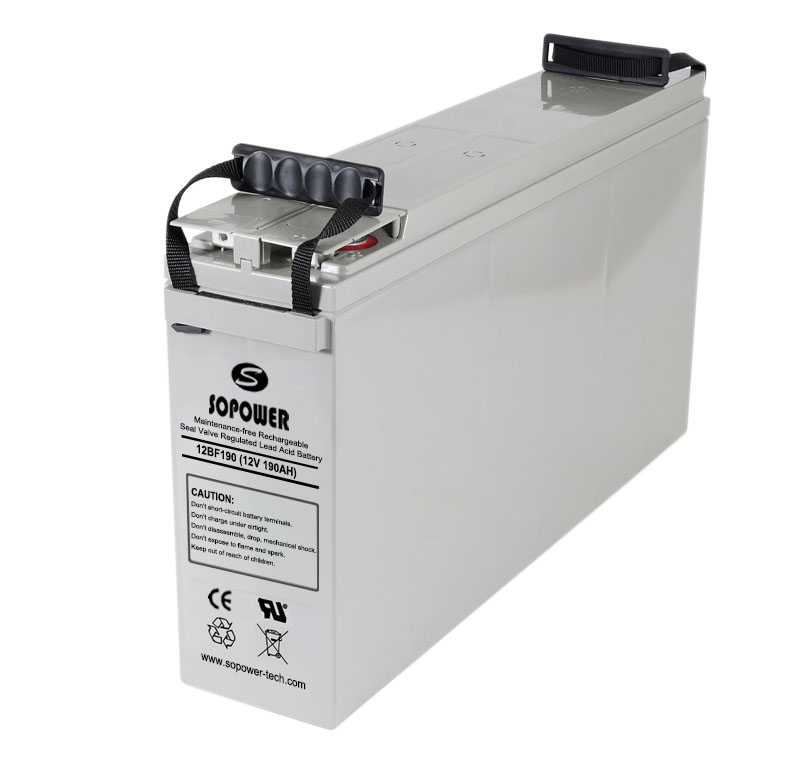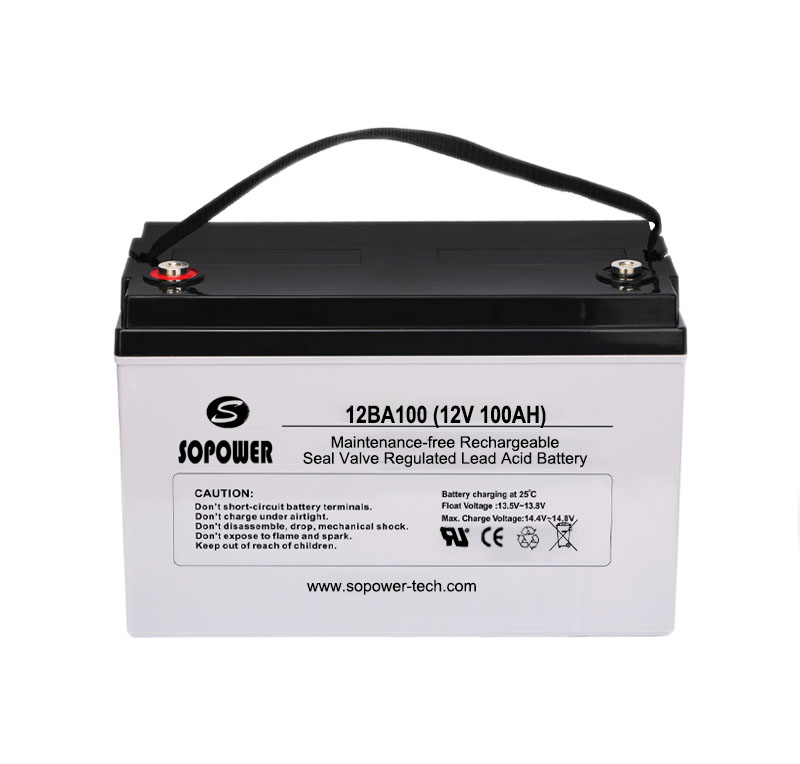Source: PV-Magazine Date: MARCH 17, 2022
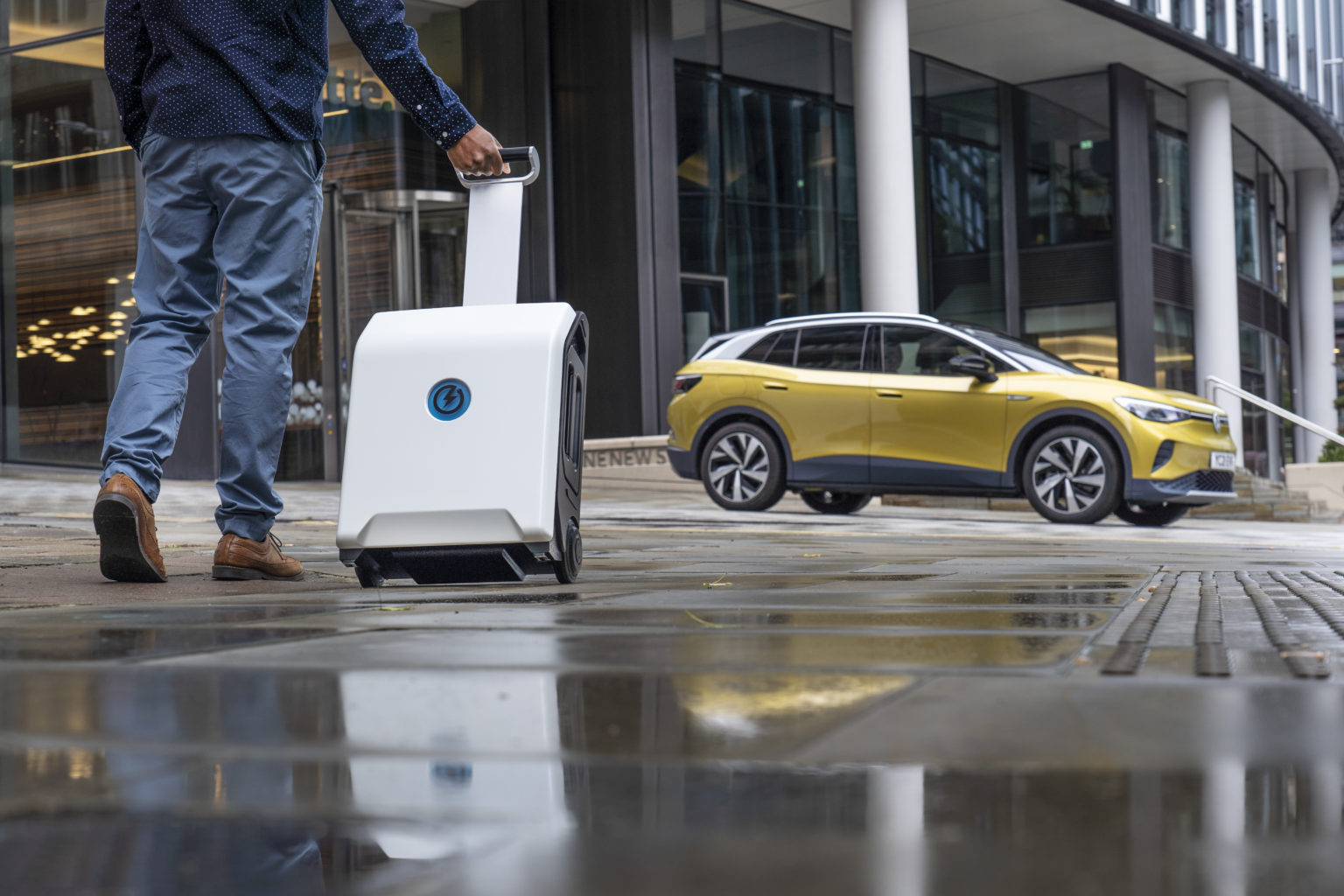
In other news, BYD’s quarterly profit is up by 241% buoyed by demand for battery-powered cars, Ford takes a US$3.1 billion loss on its Rivian stake and cuts 580 jobs as part of corporate restructuring, and ABB agrees to provide its full portfolio of EV charging technology to Shell.
With widespread EV adoption hampered by the inability to charge near or at home and the rollout of the charging network not happening fast enough in some areas, London-based ZipCharge has revealed the GoHub, the world’s first portable EV charging infrastructure for shared, public use. Designed to increase flexibility and convenience primarily for those without designated off-street parking, this modular, portable charging station can turn any parking space into a charging spot. The GoHub houses ZipCharge’s Go EV power banks, was first unveiled at COP26 in November last year, and comes with 5-charger one-sided and double-sided 10-unit configurations. The lightweight 4 kWh ZipCharge Go power bank is the size of a compact wheeled suitcase which can be charged in a GoHub, at home or elsewhere using a standard domestic plug. ZipCharge Go provides up to 20 miles (32km) of range in a little over 30 minutes and can then be stored in the car trunk or at home. The Go rolling power bank is now available to purchase outright for personal use or rent through the company’s energy-as-a-service model GoHub for a fee of £1, €1 or $1 for a 4kWh charge with no connection fee. The fully modular design enables GoHubs to be customized to the needs of the local community and location, whether rural or urban. The solution features more than 100 kWh of second-life batteries to store clean energy, such as wind and solar that can be installed on the top of the charging station structure, and feed it back into the grid by virtue of its bi-directional chargers. The company claims that GoHubs will be three times cheaper and three times faster to install than fixed on street level 2 chargers, transforming the payback period for AC public charging from 8-10 years to less than two. “We intend to establish the world’s first vertically integrated ‘energy point operator’ to serve hundreds of millions of people around the world so everyone can access convenient and low-cost energy,” says ZipCharge co-founder Jonathan Carrier. “We predict our portable powerbanks will outsell fixed home chargers by 2030, in the same way mobile phones overtook landlines. That’s because the Go can be used for more than charging EV charging, it’s a portable energy storage device for personal energy management. We have the bold ambition to deploy 100,000 GoHubs globally by 2030 to support EV charging, local grid resiliency and energy democracy.”
Bringing flexible and quality charging to millions of EV drivers is also the goal of ABB's global framework agreement with energy company Shell. Under the deal, the global technology company will supply its end-to-end portfolio of DC and AC charging stations, including Terra 360, the world’s fastest all-in-one electric car charger. The agreement builds on a partnership between the two companies that began in 2019 and will see ABB E-mobility support Shell in creating a global charging network. The energy company has set itself a goal to deploy over 500,000 charge points globally by 2025 and 2.5 million by 2030, either at residential, commercial, or its own retail sites. To date, ABB has sold more than 680,000 EV chargers across more than 85 markets; over 30,000 DC fast chargers and 650,000 AC chargers, including those sold through Chargedot.
Another big announcement came from Europe’s top carmaker Volkswagen Group and energy company bp which have joined forces to rapidly rollout EV fast charging in Europe by 2024. The first phase of the roll-out will see up to an additional 4,000 Volkswagen Flexpole chargers at bp’s Aral retail sites in Germany and bp retail sites in the UK over the next 24 months. By the end of 2024, up to 8,000 charge points could be available across Germany, the UK, and other European countries. Volkswagen’s 150 kW flexible battery-based chargers, which feature two charge points per unit, can be installed rapidly, as they do not require high voltage grid connections. The charger locations will be integrated into the navigation and other in-car apps of VW, Seat, and Skoda vehicles as well as into Volkswagen’s charging application, Elli, making it easier for drivers to find available charging points.
It is that time of the year that many quarterly reports are still coming in, and the one posted by Chinese EV and battery maker BYD makes for welcome reading. The company posted a net profit of 808 million yuan ($122.7 million) in the first quarter of 2022, up 241% from the same quarter last year. Sales increased by 63% per cent to 66.8 billion yuan, buoyed by demand for battery-powered cars. Sales of electric cars and plug-in hybrids reached a record high with 285,000 models sold in the first quarter of the year, up by 423% YoY. This includes 143,000 pure EVs (+270%) and 142,000 plug-in hybrids (+800%). The record EV sales helped offset more expensive raw material costs that the industry has been grappling with. BYD stopped production of pure combustion vehicles earlier this year.
Meanwhile, U.S. carmaker Ford has posted a $3.1 billion loss in the first quarter on the back of a sharp drop in the value of its holding in EV start-up Rivian and global chip shortage that has limited production. Ford reported $34.5 billion in first-quarter revenue, down from $36.2 billion a year earlier, with wholesale shipments of nearly 970,000 vehicles, down 9% from a year ago. Higher prices for new vehicles have helped Ford to offset some of the impact of lower sales. The net loss was primarily attributable to a market-to-market loss of $5.4 billion on the company’s investment in Rivian, which was valued at $10.6 billion at the end of 2021. Ford invested $500 million in Rivian in 2019, and the start-up’s shares rose sharply after an initial public offering last year. Its stock was trading at about $100 at the end of 2021 but has fallen to around $31 as Rivian has struggled to ramp up production of 100,000 electric delivery trucks for Amazon. Ford said its outlook for 2022 remains unchanged, and it expects a full-year profit of $11.5 billion to $12.5 billion before taxes and certain other expenses. The carmaker has committed to reaching worldwide EV manufacturing capacity of at least 600,000 by the end of 2023, for which it’s ramping up battery supplies, on the way to making more than two million EVs annually by the end of 2026. As it moves towards this goal, Ford was forced to make also some unpopular moves as part of its corporate restructuring. This week, the company said it is cutting 580 engineering jobs across a mix of internal combustion and EV engineering teams, including 350 salaried employees and 230 agency workers. Today, Ford has more than 182,000 employees globally.

